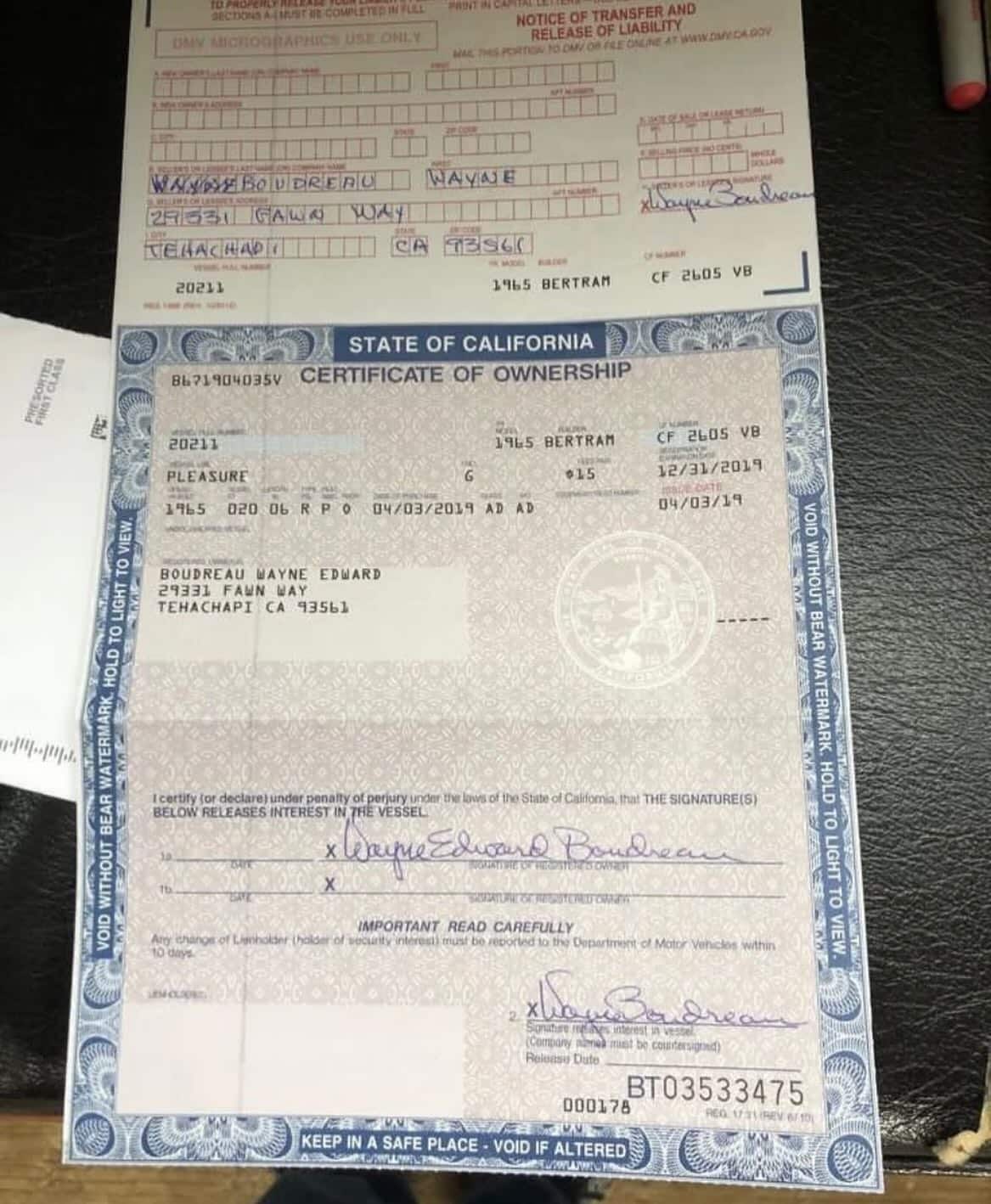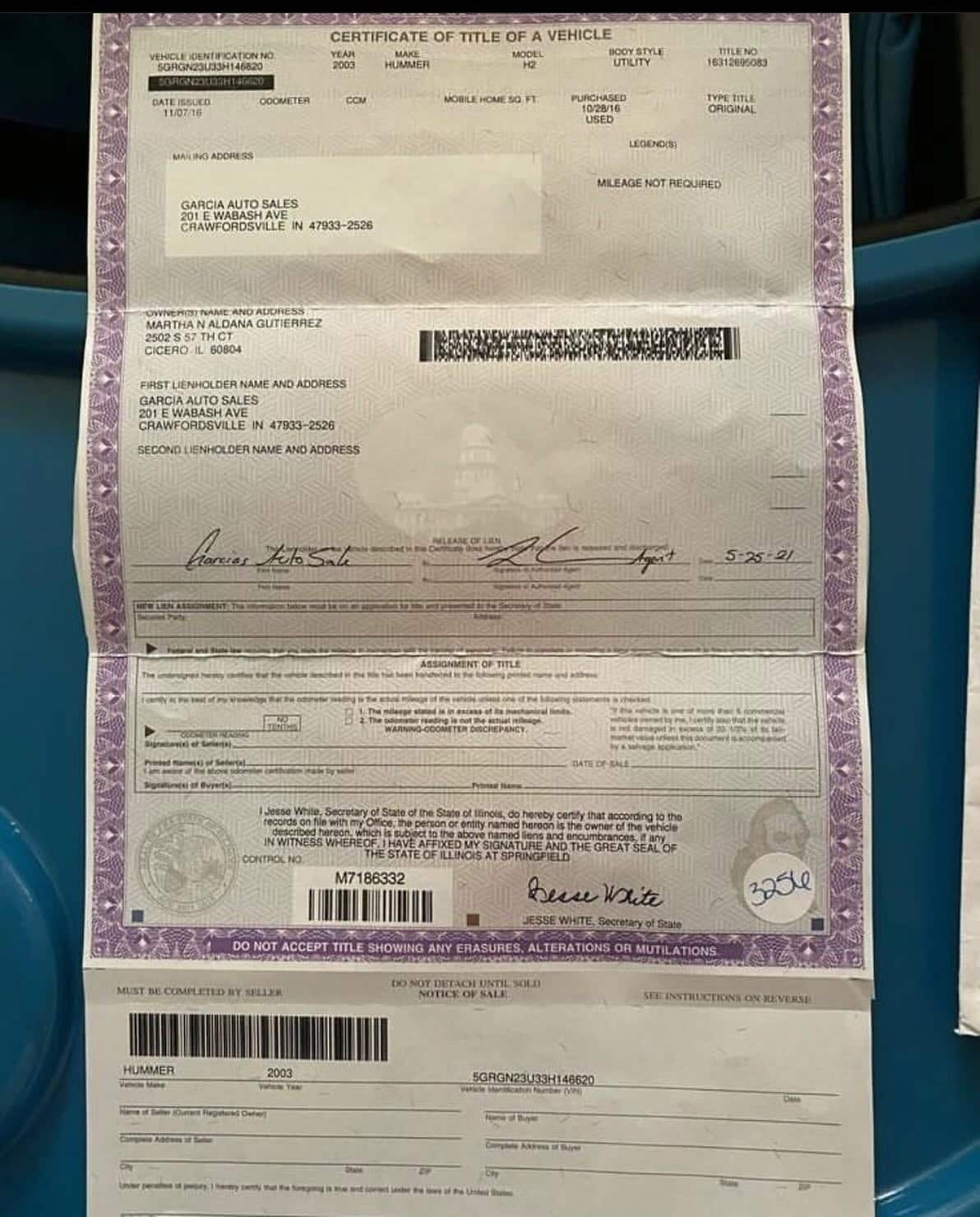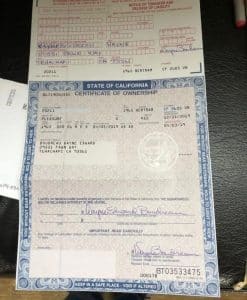Are you planning to buy or sell a car in Florida? If so, you’ll need to navigate the process of transferring the car title. While it might seem straightforward, many people encounter unexpected hurdles along the way. In this blog post, we’ll explore the ins and outs of Florida car title transfers, helping you avoid common pitfalls and ensure a smooth transaction.
Understanding the Basics of Florida Car Titles
Before we dive into the transfer process, let’s get familiar with what a car title actually is. In Florida, as in other states, a car title is a legal document that proves ownership of a vehicle. It contains important information such as:
- The vehicle identification number (VIN)
- Make and model of the car
- Year of manufacture
- Owner’s name and address
- Lien holder information (if applicable)
Having a clear understanding of your Florida car title is the first step in ensuring a hassle-free transfer process.
The Florida Car Title Transfer Process: Step by Step
1. Gather Necessary Documents
To start the transfer process, you’ll need to collect several important documents:
- The current title, properly signed by the seller
- A bill of sale
- Proof of insurance
- Florida driver’s license or ID card
- Completed Application for Certificate of Title With/Without Registration (Form HSMV 82040)
2. Complete the Title Transfer Form
The next step is to fill out the Application for Certificate of Title With/Without Registration. This form is crucial, so take your time and double-check all the information you enter. Common mistakes here can lead to delays in processing your Florida car title transfer.
3. Pay Required Fees
There are several fees associated with transferring a car title in Florida:
- Title transfer fee: $75.25
- Registration fee: Varies based on vehicle weight
- Sales tax: 6% of the vehicle’s purchase price (unless exempt)
Make sure you’re prepared to pay these fees to avoid any hiccups in the process.
4. Visit Your Local DMV Office

Once you have all your documents in order and fees ready, it’s time to visit your local Florida Department of Highway Safety and Motor Vehicles (DHSMV) office. Here, a representative will review your paperwork and process your title transfer.
Common Mistakes to Avoid in Florida Car Title Transfers
Now that we’ve covered the basic process, let’s look at some frequent errors that can cause delays or complications:
1. Incomplete or Incorrect Information
One of the most common issues is simply filling out forms incorrectly or incompletely. Always double-check every field on your application and the title itself. Pay special attention to:
- Spelling of names
- Addresses
- Vehicle information (VIN, make, model, year)
2. Forgetting to Notarize Signatures
In some cases, Florida requires signatures on car titles to be notarized. This is particularly important when dealing with out-of-state titles. If you’re unsure whether your situation requires notarization, it’s better to err on the side of caution and have it done.
3. Overlooking Lien Release Documentation
If the vehicle you’re buying has an existing lien, make sure the seller provides proper documentation showing the lien has been released. Without this, you won’t be able to complete the title transfer.
4. Ignoring Odometer Disclosure Requirements
Florida law requires an odometer disclosure for most vehicles less than 10 years old. Failing to provide this information can result in delays or even rejection of your title transfer application.
5. Waiting Too Long to Transfer the Title
In Florida, you have 30 days from the date of sale to transfer the title. Waiting longer than this can result in late fees and potentially other penalties.
Special Considerations for Different Scenarios
Buying from a Private Seller
When purchasing a car from a private seller, be extra vigilant about the paperwork. Ensure that the seller has properly filled out their portion of the title and that all information matches what’s on the bill of sale.
Inheriting a Vehicle
If you’ve inherited a vehicle, you’ll need additional documentation such as a copy of the will or a court order showing your right to the vehicle. The process can be more complex, so don’t hesitate to ask for help at your local DHSMV office.
Out-of-State Transfers
If you’re moving to Florida from another state or buying a car from out of state, you’ll need to have the vehicle inspected and possibly pay additional fees. Make sure to research the specific requirements for your situation.
Tips for a Smooth Florida Car Title Transfer

To wrap up, here are some final tips to ensure your Florida car title transfer goes as smoothly as possible:
- Start the process early to avoid last-minute rushes
- Keep copies of all documents for your records
- Consider using an online title transfer service for convenience
- If in doubt, ask questions at your local DHSMV office before submitting paperwork
- Stay patient – sometimes the process can take longer than expected
Remember, while transferring a Florida car title might seem daunting at first, it’s a manageable process if you stay organized and informed. By avoiding common mistakes and being prepared, you’ll be cruising down Florida’s sunny roads in your newly titled car in no time.
“A little preparation can go a long way in making your Florida car title transfer a breeze. Stay informed, stay organized, and enjoy your new ride!”
Whether you’re a seasoned car enthusiast or a first-time buyer, understanding the ins and outs of Florida car title transfers is crucial. By following the steps outlined in this guide and steering clear of common pitfalls, you’ll be well on your way to a successful and stress-free title transfer experience.






